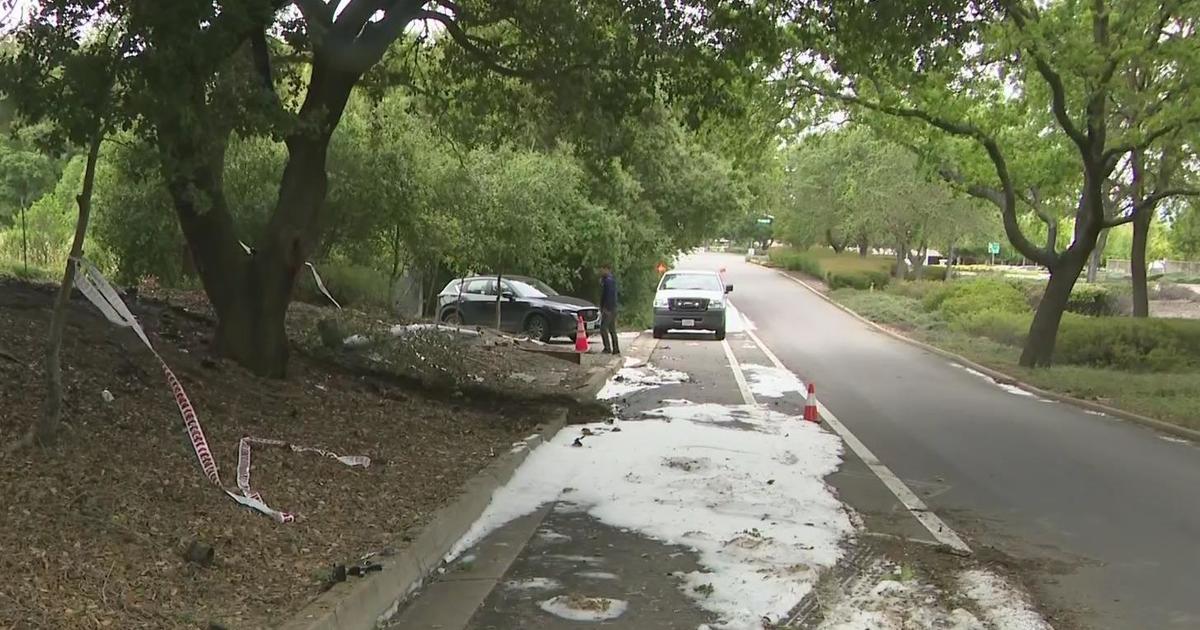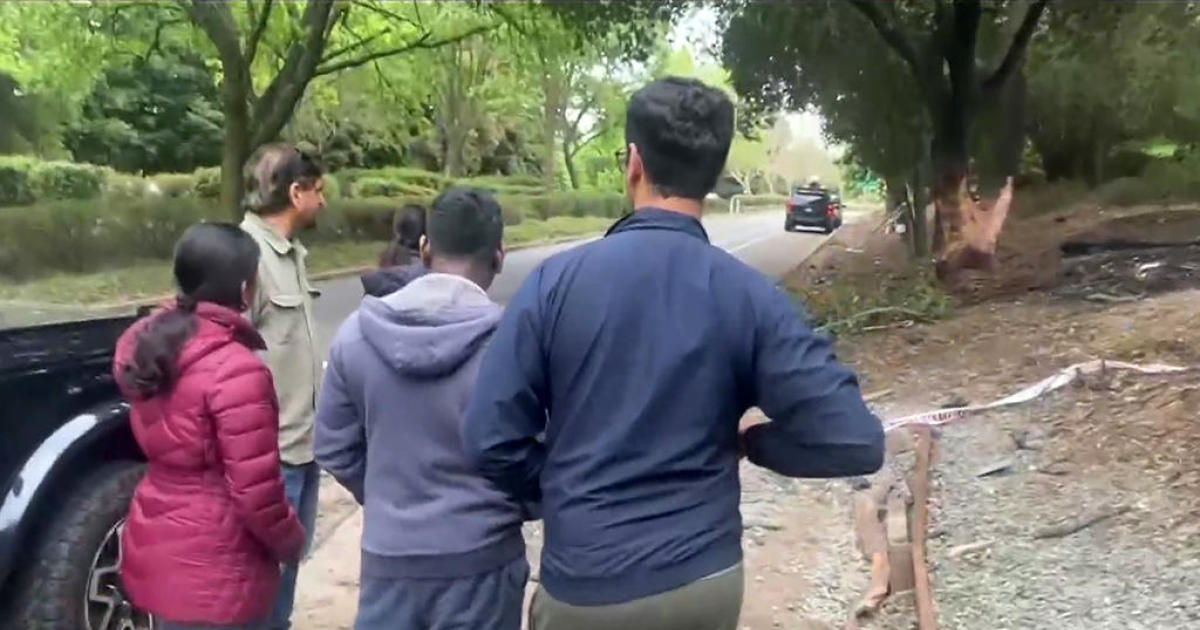Drought: Valuable 100-Year-Old Water Rights Could Make Some East Bay Cities Rich
ANTIOCH -- Every day without rain adds to the uncertainty about California's water supply, but old state laws have one part of the Bay Area an edge.
City leaders in Antioch hope to capitalize on decisions made 100 years ago.
Jerry Tennant is a third generation walnut farmer. He is passing along his expertise to his son Jason, along with some very valuable water rights.
"Water rights are basically property rights," said Tennant.
And the water rights his farm, Houston Orchards, date back to before 1914.
"When a lot of these rights were granted in the early 1900's, or before, [when] there was an unlimited supply of water," explains Tennant. "Whoever was filling out these forms for water rights said 'Yeah, sure, give them what they want.'"
Bob Whitley is an environmental civil engineer. He said the old state laws set up a hierarchy that still stands and pre-1914 rights are not regulated. They're not even part of the system. Even in dire dry years, whoever claimed the water first, gets it.
"Pre-1914 rights are not regulated," said Whitley. "They are not part of the system."
Whitley explains that industry, mining companies, railroads and towns have the rights to the water. Those rights have been challenged over the years, but don't expect them to go away.
Towns like Antioch own valuable water rights, and that claim could be an economic boost to East Contra Costa County.
Keith Archuleta of the East Bay Leadership Council is marketing this region to businesses as place where there's access to plenty of reliable water.
"We have very superior water rights which means not just for Antioch, but for this region, the possibility of industry coming out here," said Archuleta. "Technology, it could be agribusiness, it could be food processing. There are a number of industries that need a lot of water."
The dry landscape here is deceiving. This region has one thing everyone seems to want right now – water. Old laws could end up providing new jobs if companies seek out this untapped resource.
There's virtually no risk if they do. The pre-1914 laws stay with the property. So it doesn't matter if the property is inherited or sold. Whoever has the land, gets the water.



